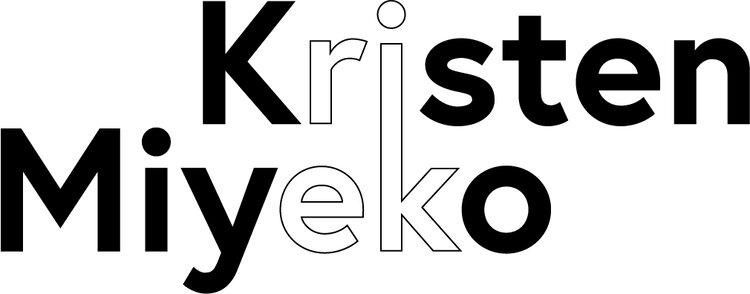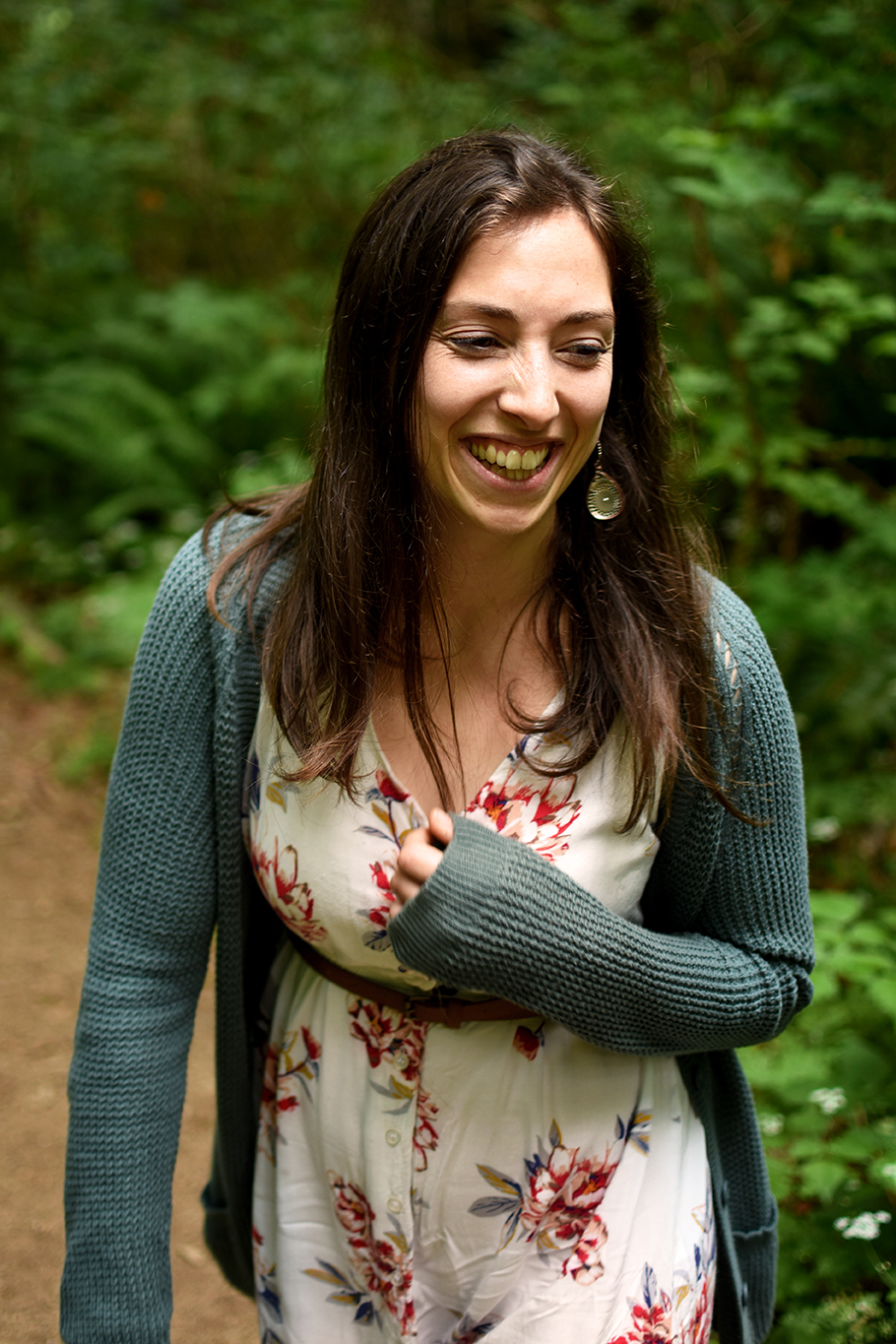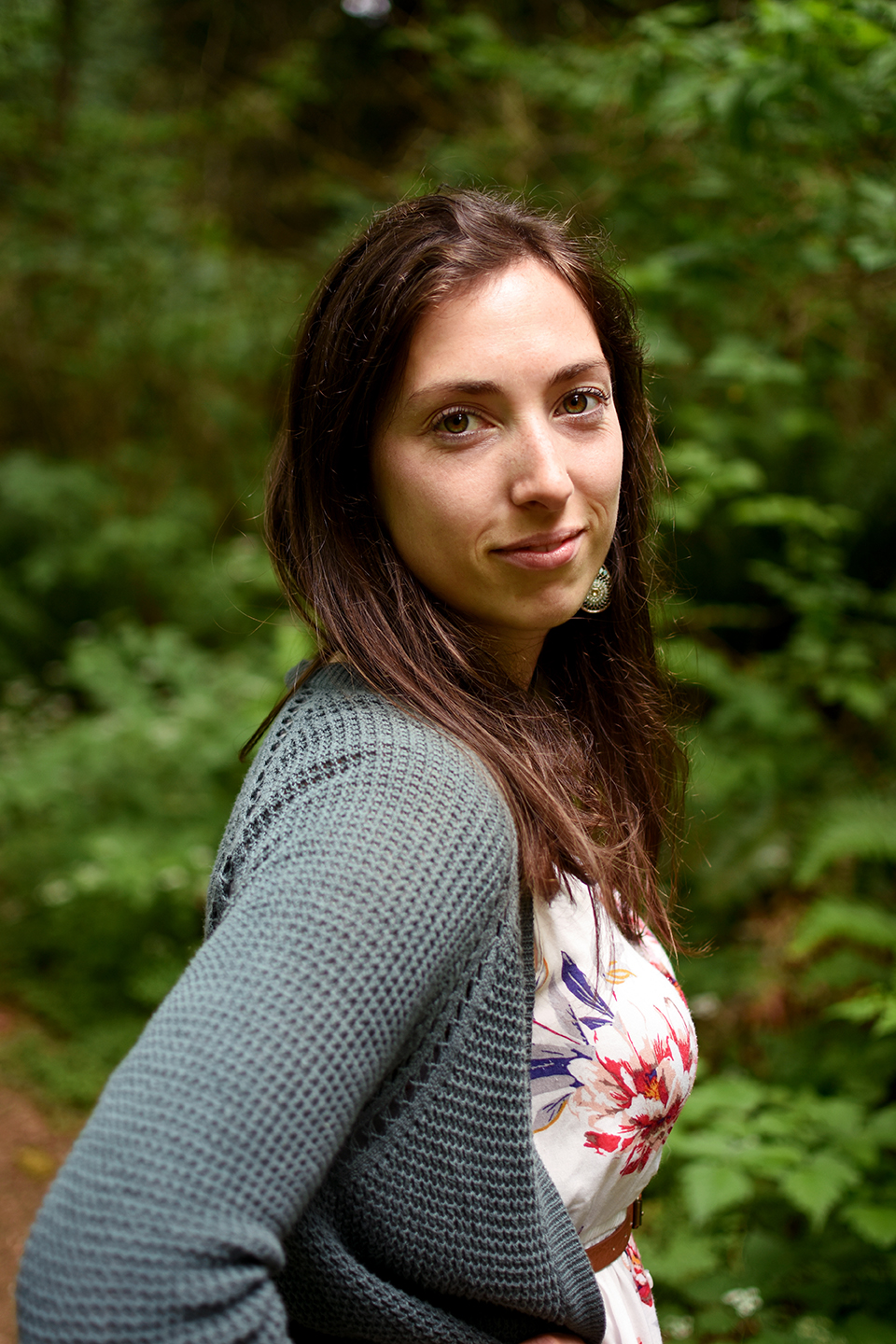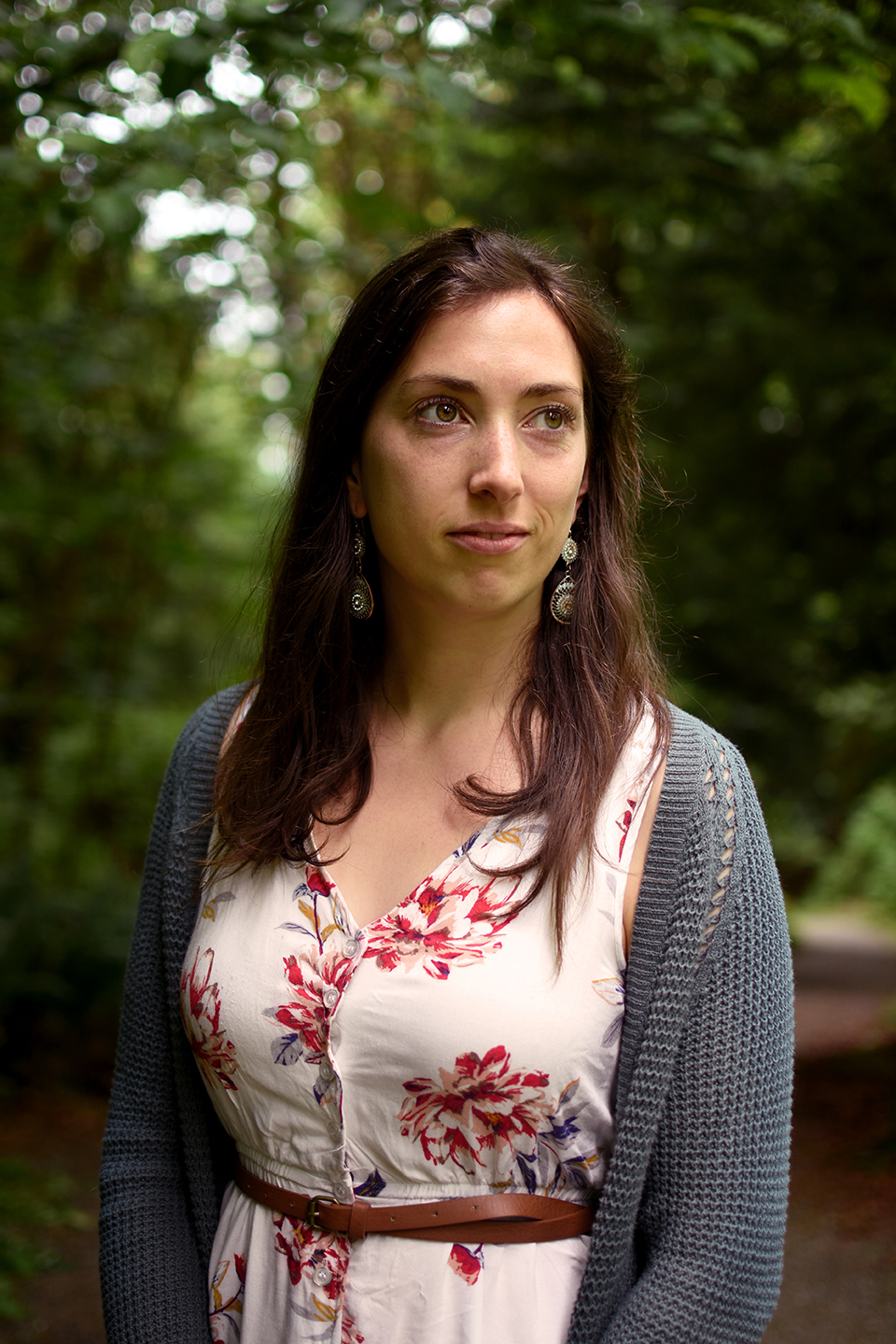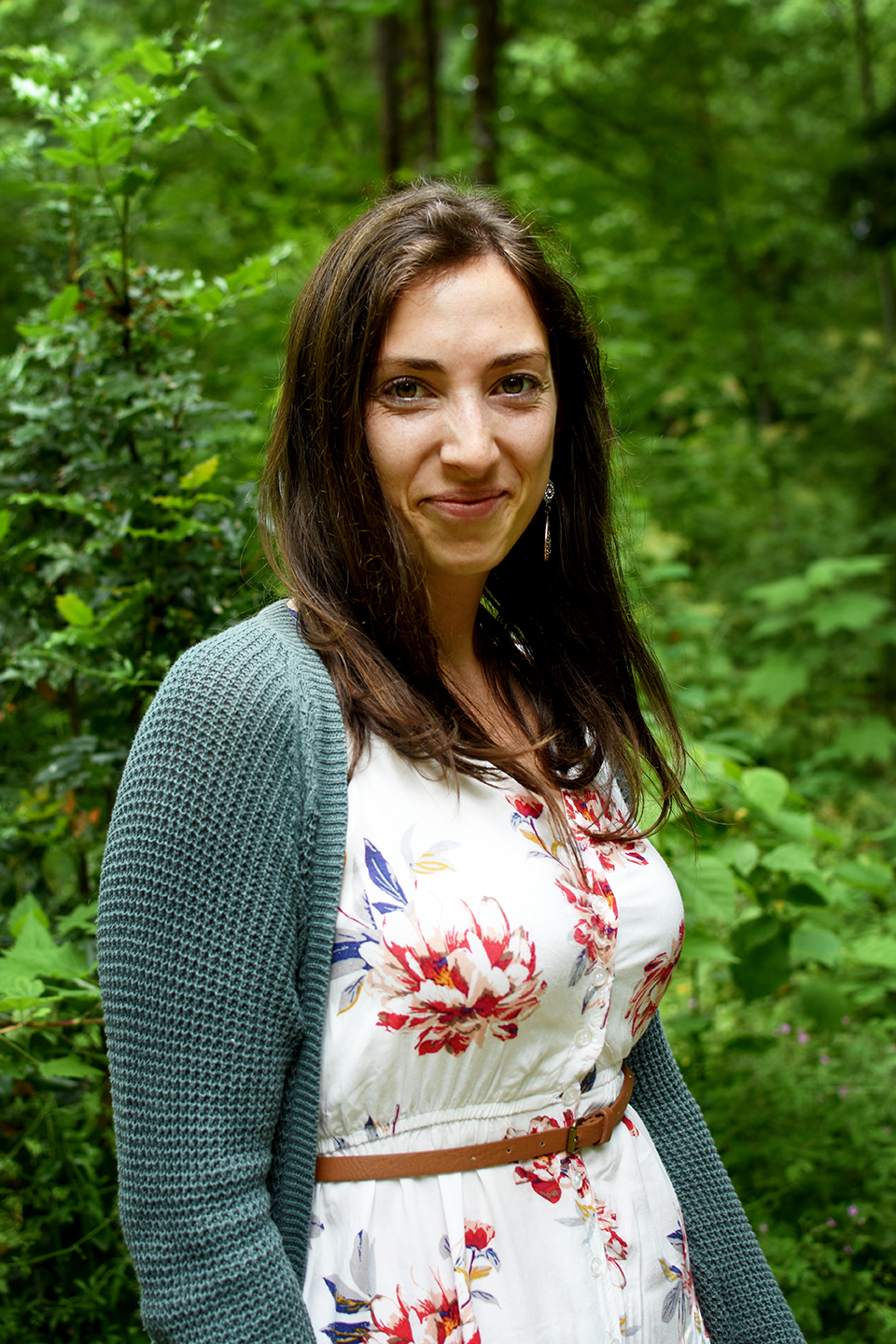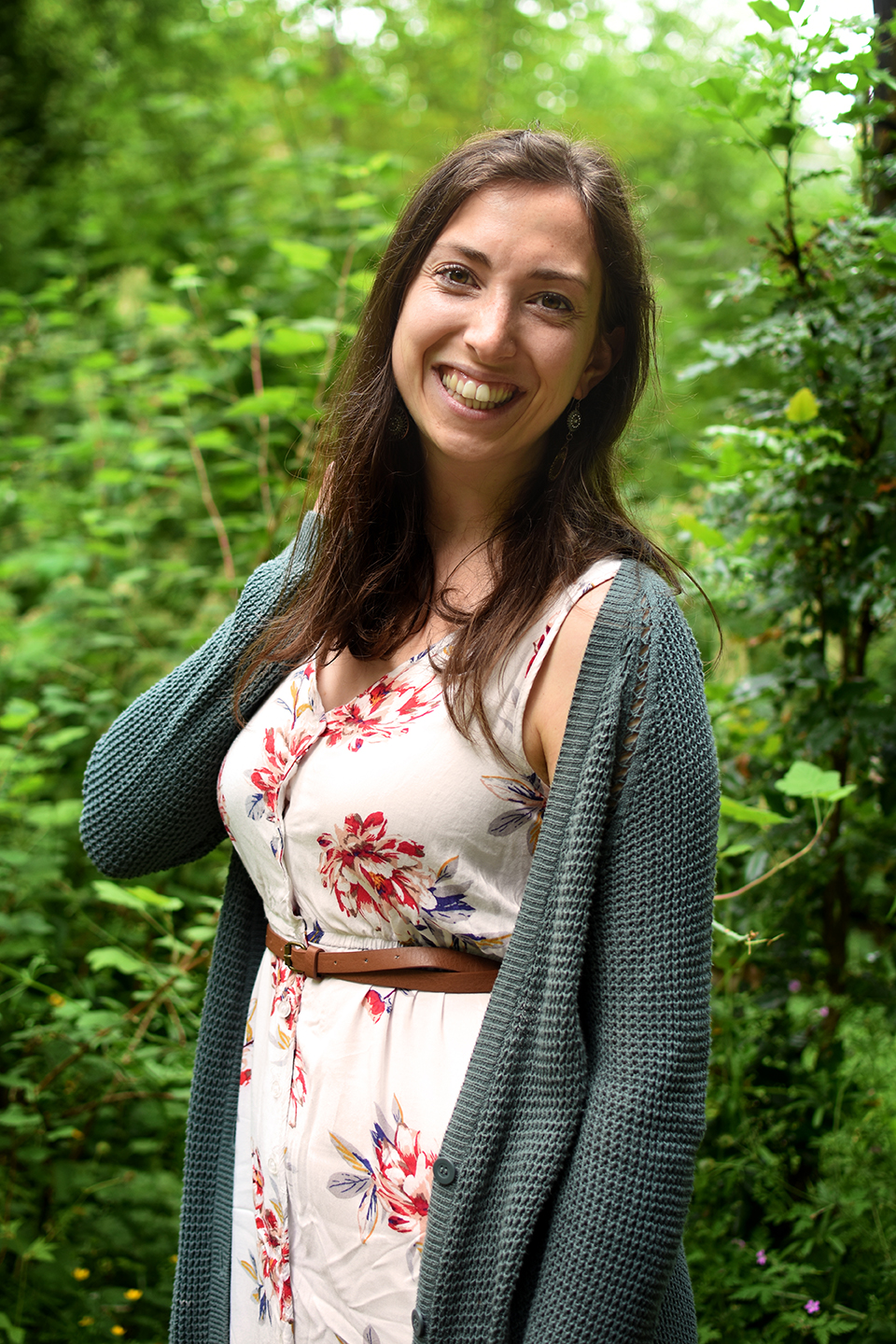What does "being strong" mean to you? I used to think that strength was the absence of weakness. Or perceived weakness, anyway. Despite however weak I've felt over the course of my life--and there were plenty of times I've collapsed into a balling mess on my bed because of how small or insignificant I've felt in the wake of what I was facing--I figured if I never let it show, or only let it show after the fact, then I was being strong. I was handling what I needed to handle all by myself. Like a big girl.
But over the past couple years, I've begun to see that strength isn't merely the absence of weakness, but rather it is inextricably linked with vulnerability--in being able to admit defeat or admit when I'm wrong, or to ask for help when I need it. Strength is not closing oneself off, but opening oneself up.
It takes so much more courage and determination to let your guard down in the face of a maelstrom than to simply ball up your fists and pretend everything's fine. Playing pretend costs you nothing, while being vulnerable risks attack; a perceived annihilation of the self. But of course, we can only play pretend for so long before the world we've created begins to fall apart, just as we, too, will fall apart as we try to fake it and ignore our own exhaustion.
So while I still believe that being strong is perseverance, diligence, and dedication, I know it's also mercy. It's also grace--for others, but especially for yourself. And it's also wisdom in determining when to accept you can no longer do things on your own.
How do you encourage other women to be strong? Honestly, I try to encourage other women to be strong by showing them how radiant they are without anyone having to add a single thing to them.
I think one of the biggest struggles we face as women is not simply who we are, but how to show it. How to stand strong in our truth without fear of ridicule, shame, or critique. So often in modern society, we're told "Just be yourself!" And yet all the ads and commercials surrounding us are of ways to alter, enhance, or change entirely who we are to make us more attractive or appealing to others--most of whom don't even care in the first place.
"Being ourselves" isn't as easy as it seems, as often so many of us have either lost, forgotten, or never known who we are to begin with. We've been through abusive relationships. We've had to WORK for so long we haven't had time to focus on us. We've fought through body-shaming and gender biases, familial struggles and continuous subversive sexual discrimination, and through it all society has told us what "strong" looks like: be the mom that works full-time and still has time for the kids; be the CEO who also has a social life; be hot, but not too hot; coy but outgoing; submissive yet in control; artsy and techy; thin, but also know how to gorge oneself... I mean, the list of dichotomies goes on. And somehow, we still strive to reach those unattainable goals.
Instead, I want to see what other women get excited about--in the world, in others, and in themselves. I want to observe what it is that sets that light in their eyes, and I want to follow it. I want to spur it on, ask them questions, see them run with that passion or curiosity, and watch how they grow and they thrive. What's even more beautiful is that when we encourage one another, in empathy and compassion, to be comfortable in who we are, we also give permission to others to do the same. And that sort of support spreads fast.
And beyond being strong in ourselves, I believe that being strong around others also means accepting that we can't always carry the weight we wish we could carry. It means reaching out, saying "I'm not okay," and allowing others to catch us when we're so weak we can barely stand. Sure, we have to fight--but we've always known that. Women have had to fight and strive and struggle for thousands of years. We've got that. We can do that. Now we have to know when to be still--to be content with ourselves, even when our struggles overwhelm us, or when others try to tell us what we should do.
I want to be the sort of woman that allows others to show their most vulnerable selves and be accepted for it, and in so accepting themselves, they can do the same for others. In this way--in this place of vulnerability and courage, of acceptance and empathy--I believe the world will be changed.
Julia’s Intentional Act of Kindness
How did you use the $100? I donated to the following four organizations:
$25 to Charity:Water, a nonprofit bringing clean, sustainable drinking water to communities in need
$25 to Northwest Immigration Rights Project, a nonprofit offering pro bono consultation and representation for immigrants
$25 to Y-We - a Seattle-based, majority women-of-color led organization cultivating the power of diverse young women to be creative leaders and courageous change-makers through community-oriented collaborations.
$25 to Freedom Project WA - a nonprofit promoting healing and restoration for men and women both in and out of prison through the strategies of nonviolent communication, mindfulness, racial equity, and anti-oppression.
What was the ‘Intentional Act of Kindness’ process like for you? In the past, I've felt frozen, guilty for wanting to pursue my passion (writing) while simultaneously knowing there were so many people who aren't given that same privilege, and also feeling that writing wasn't enough. That I needed to be making a bigger impact, or else it didn't count. However, coming to the recent realization that writing is my own form of making a difference, of connecting to people and encouraging them in the limited space I have, I was freed to find and donate to the organizations that are truly making a huge impact on issues close to my heart.
There are so many communities across the world, let alone in the U.S. right now, that are going through their own forms of hell, and all I wanted to do was write. How messed up was that? What good would writing do?
I mean, what's happening at the border is devastating, but I felt powerless to do anything. People of color getting arrested and sent unjustly to prison either for crimes they didn't commit or on small charges for which others get off so easily is an unconscionable display of inequality. Humans all over the world struggling to find mere clean drinking water and dying for it is horrible and painful, and here I was in my apartment feeling both ridiculously privileged, guilty for feeling burdened, and like my voice was just a drop in the ocean.
Then I wrote a little letter to myself (a form of journaling to help myself process), reminding me that my personal story is important, and sometimes, simply giving voice to that story is enough; there need be no other reason than self-expression and authenticity. We all want to feel seen and heard and understood, and sometimes the best way for us to do so is to read others' experiences and say "hey, I can relate to that!" If other blog posts and books could do that for me, I knew I could do that for others as well.
And I was freed.
I found the gift of $100 was a gift in more ways than one.
